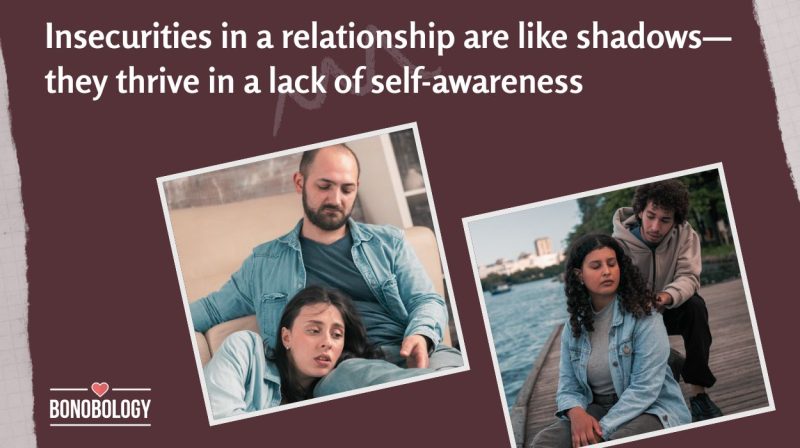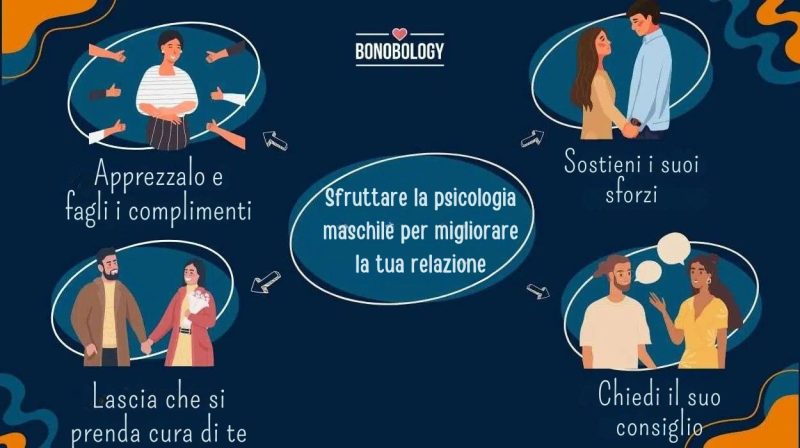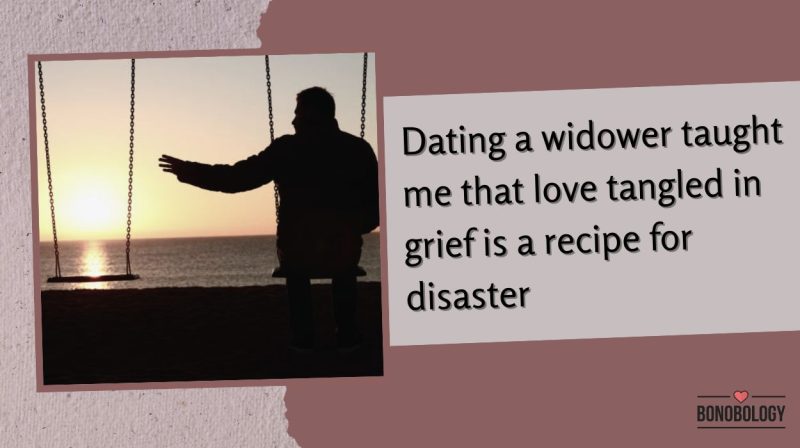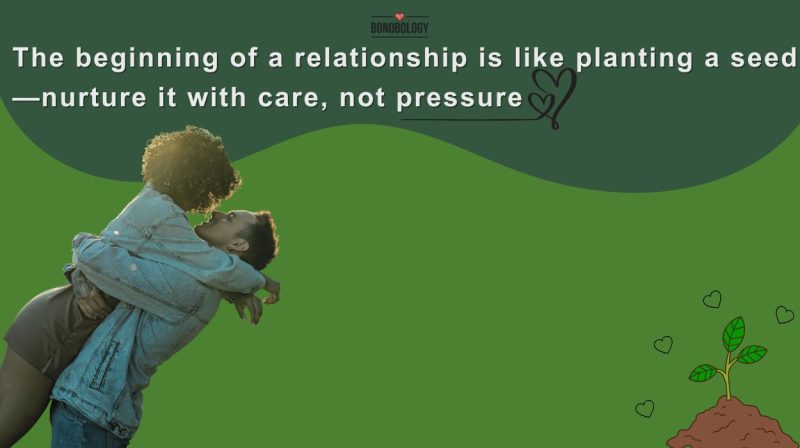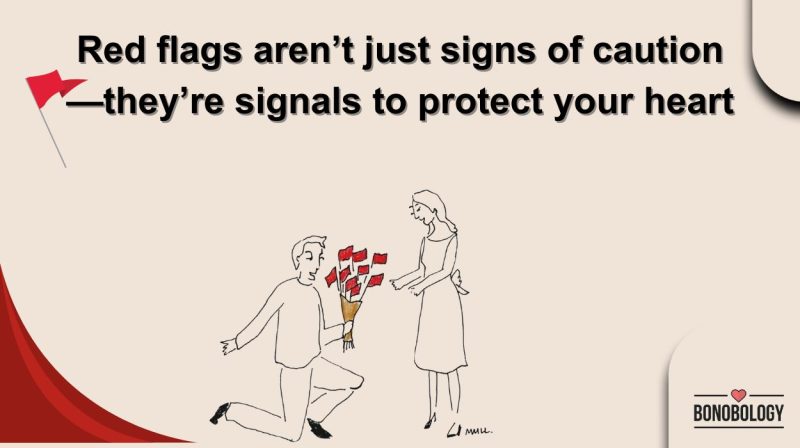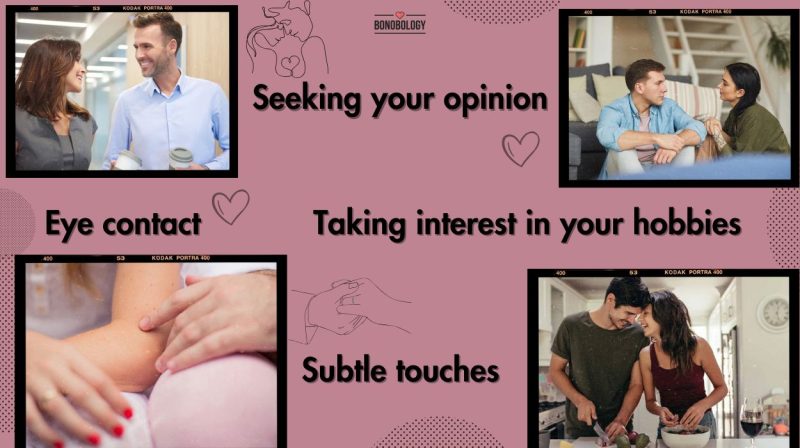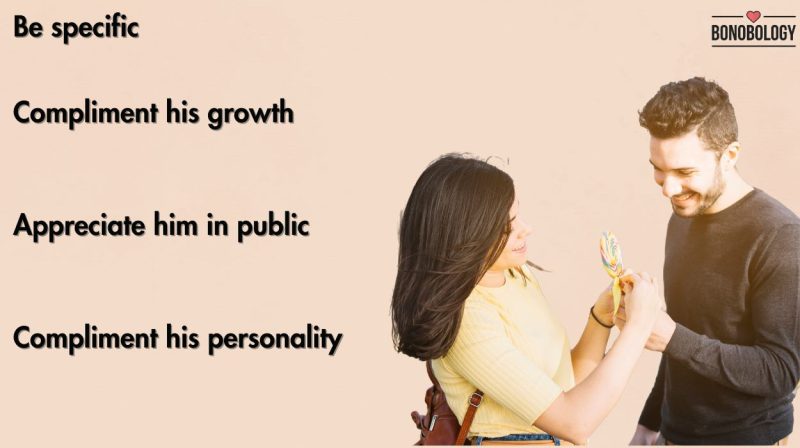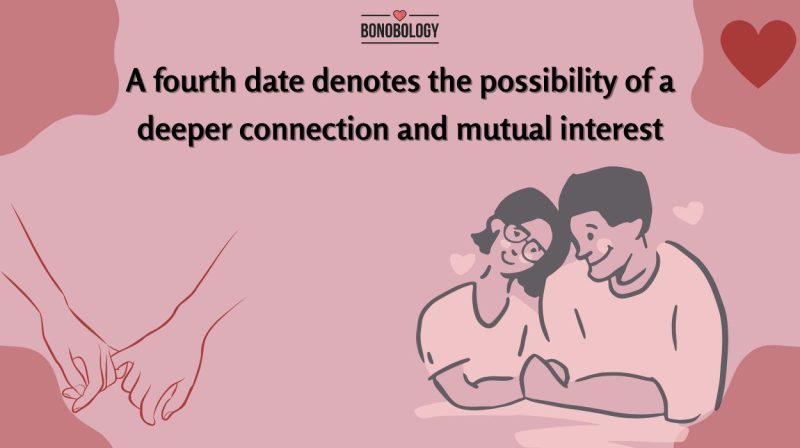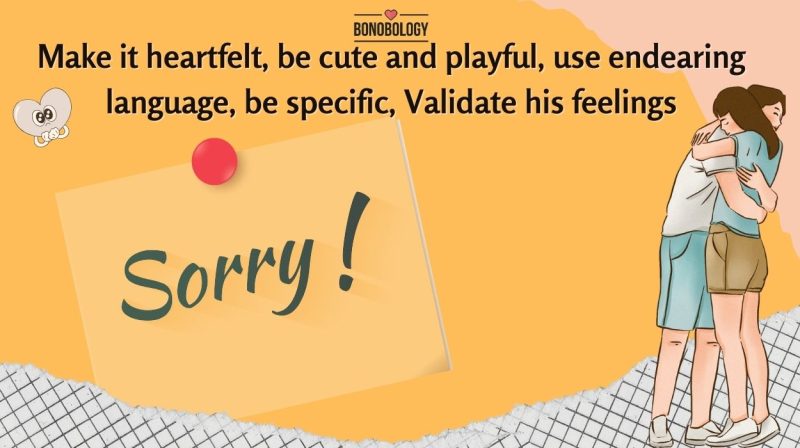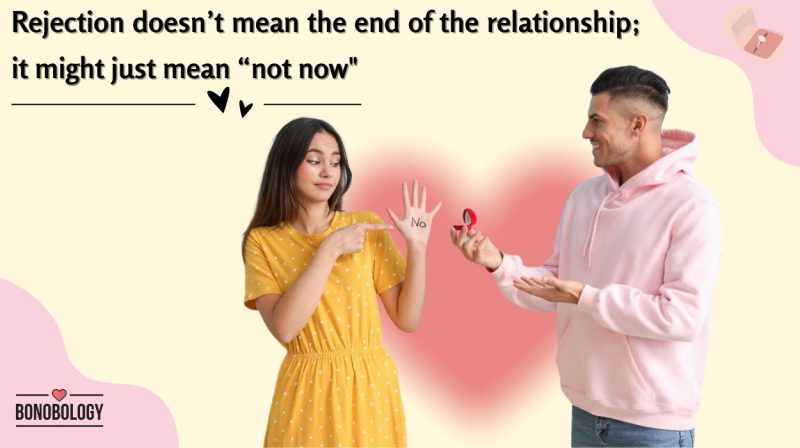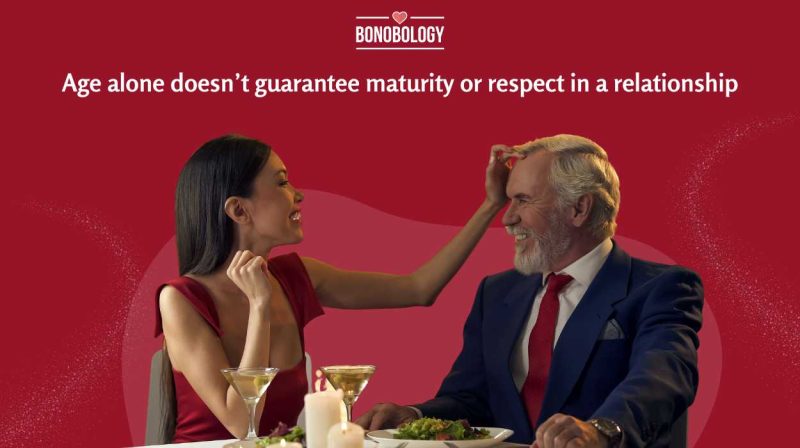Insecurity rears its head in various areas of our lives, regardless of how successful or happy we appear. Not even our personal lives are safe from these anxieties. There are various types of insecurities in a relationship that can weaken your bond and prey on your mind constantly.
I, for one, can vouch for childhood trauma and dysfunctional past relationships as the two most valid causes of insecurity. When you have been told all along by your dear family that you are absolutely worthless, there is nothing you do that ever holds any practical value in life, you naturally seek constant validation from your partner to make sure they don’t feel the same way about you.
Another common insecurity in a relationship is a consequence of the trauma gifted to you by an old lover. If they have manipulated your every step with the threat of breaking up, naturally in your present relationship also, you will live with the fear of your partner leaving you at any moment.
And that is just the tip of the iceberg. We have compiled a list of insecurities that might plague your relationship and their impact on the quality of the connection you build with your partners, in consultation with counselor Manjari Saboo (Masters in Applied Psychology and Post-Graduate Diploma in Family Therapy and Child Care Counseling), founder of Maitree Counseling, an initiative dedicated to the emotional well-being of families and children.
What Is Insecurity?
Table of Contents
Insecurity in a relationship refers to feelings of self-doubt, fear, or uncertainty about oneself, the relationship, or the partner’s commitment. It is rooted in a feeling of being inadequate, of constantly thinking, “I’m not enough” or “I’m not good enough”. Constantly nursing such feelings can lead to behaviors like jealousy, neediness, or constant seeking of reassurance, which can strain the relationship over time, as you rely far too much on external validation rather than building up your own confidence and knowing your worth.
“What happens when insecurities are lying dormant within you,” explains Manjari, “is that you never get to define your true self. Usually, an individual is not ready to accept the insecurities lying within them. All it needs is an understanding that these insecurities are simply feelings giving them stress, fear, incompleteness, self-doubt, jealousy, weakness, and dependency.
“Relationship insecurities make a person take things for granted, neglect the feelings, and nurture thoughts of supremacy over his/her partner. It is also true that every relationship gets stronger when the insecurity of any spouse is understood and given full respect by the other half.”
What causes insecurities in a relationship

Insecurities often stem from a combination of internal and external factors. Insecurities about your work or the way you look may have spilled over in your relationship. Or, it could be that you or your partner entered the relationship with your respective emotional baggage, and the relationship itself is the root cause of a lot of insecurity. Understanding the causes can be the first step toward overcoming them, which include:
- Past relationship experiences: Negative experiences, like betrayal or abandonment, can create lingering fears
- Low self-esteem: Feelings of inadequacy or low self-worth make it hard to believe in one’s own value within the relationship
- Fear of rejection: Worries about losing the partner can lead to clinginess or a constant need for reassurance
- Unresolved personal issues: Past traumas, unresolved emotional baggage, or unmet childhood needs can affect current relationships
- Lack of trust: If trust has been broken before, it can cause suspicion and insecurity
- Comparisons trap: Comparing oneself or the relationship to others can lead to feelings of inadequacy
- Communication issues: Misunderstandings or lack of clear communication can fuel doubts and insecurities
- Attachment styles: Anxious or avoidant attachment styles can lead to feelings of insecurity, often rooted in early-life relationships with caregivers
- Social pressure: Societal or family expectations around relationships can create doubts about the relationship’s “worthiness” or future
Related Reading: 11 Ways An Insecure Partner Drains A Relationship And 5 Ways To Fix It
7 Most Common Types Of Insecurities And How They Affect Relationships
These underlying causes that we’ve just discussed can manifest as different types of insecurities in a relationship, each of which impacts the dynamics between partners in different ways. Sure, the end result may be the same—frustration, resentment, distance—but the inner workings of insecurities in a relationship can be different, depending on the trigger.
To be able to prevent these feelings of inadequacy and the resulting fears from taking a toll on your relationship with your partner, you need awareness of your patterns. We’ve listed out the 7 most common insecurities your relationship could face and signs that they’re affecting you and your partner more than you’d like.
Related Reading: 8 Conflict Resolution Strategies In Relationships That Almost Always Work
1. Emotional insecurity
Emotional insecurity is an umbrella term and often means a general feeling of unease and inadequacy over one’s feelings. Symptoms could include an encounter with depression, avoidance of interpersonal contact, and fear of articulating your feelings or asserting yourself in situations.
“I came from a home where emotional violence was common,” says Diana, 34, “I didn’t think it had affected me too much – I went away to college and haven’t really been back home much since. But then I got married, and I realized just how much my past trauma was showing up in my own relationship. I avoided conflict like the plague, I couldn’t stand my ground in an argument and I’d hate myself for it later.”
How it impacts your relationship

Since emotional strength is a major characteristic of any healthy relationship, your insecurities spilling over into your relationship will cause issues. Emotionally insecure people often have trouble establishing healthy relationship boundaries and tend to ruminate excessively over the smallest things, which means major fights over petty issues. Here are some other ways being emotionally insecure takes a toll on relationships:
- Impact on communication: Emotional insecurity often leads to miscommunication and misunderstandings, as you may hesitate to express your true feelings
- Trust issues: Feeling emotionally insecure can make it difficult for you to trust a partner’s intentions, leaving you grappling with doubts about their commitment and loyalty
- Dependency or withdrawal: If you’re emotionally insecure, you may become overly dependent on your partner for validation or, conversely, withdraw to avoid vulnerability, both of which can create imbalance and tension in the relationship
“Emotional insecurity arises when there is a lack of love and faith in one’s own feelings. When you have doubts about your reaction to an unwanted situation, you become emotionally weak. Emotional weakness can fail to lead you to a worthy decision which may result in regrets later.
“For an emotionally safe and strong relationship, partners should always encourage each other to express their feelings openly, and then both should meet whatever situation they are facing together. Self-doubting any reaction should be discussed by listing out all the pros and cons of the outcome. Always listen and respect each other’s wishes,” explains Manjari.
2. Attachment insecurity

This definitely makes the list of insecurities that impact relationships adversely. An insecure attachment style, as the name suggests, would mean you have issues forming secure attachments and making stable emotional connections with others. You may avoid getting too close to people or leave them before they have a chance to leave you.
Like most forms of insecurity, attachment issues have their roots in childhood. If, as a child, the love and affection you received were unpredictable, fractured, or dependent on certain achievements, you probably grew up distrusting attachment or assuming real human connections don’t exist. Alternatively, you could become an excessively clingy partner, expecting one person to be your whole world and cater to your every emotional need.
How it impacts your relationship
A strong emotional connection, as well as healthy emotional independence, form the base of any lasting romantic relationship, so it goes without saying that attachment insecurity would affect your relationship in the following ways:
- Fear of abandonment or suffocation: If you have an anxious attachment, you may constantly worry about being left, while if you’re an avoidant, you might fear emotional closeness, which creates a push-pull dynamic
- Jealousy and control issues: Attachment insecurity can lead to possessive behaviors or an urge to control, often making your partner feel trapped and pressured
- Difficulty in resolving conflicts: Due to heightened sensitivity to rejection or intimacy, you may struggle to handle disagreements without feeling emotionally overwhelmed
Out of many relationship insecurities examples, this particular one would require you to dive deep into the past traumas, identify why and how you have behaved in a certain manner as an impact of them, and make an attempt to break the pattern slowly.
Related Reading: How Do I Stop Begging For Attention In A Relationship?
3. Physical insecurity
When a person is dealing with body image issues their whole life, it can leave them feeling insecure about their worth as a partner. “I’ve always been a little overweight,” says Darcy, 29. “My fiancé, John, never said anything about it; in fact, he would go out of his way to show his appreciation for my shape. But I was never convinced.” Darcy tried a variety of diets, exercises, and pills. Some helped, but she grew rapidly more upset that she wasn’t hitting her target weight faster. She would blame John if he brought home food, or even if he ate French fries around her.
It didn’t help that John was one of those annoyingly skinny people who ate everything they wanted and never gained an ounce. “Honestly, I’ve always been embarrassed about how skinny I am and it’s definitely on my list of insecurities,” John says. “I’d like to bulk up a little, work on my muscles. When Darcy snapped at me, I’d snap right back, yelling, “It’s not so easy being skinny either!” It got to a point where every conversation we had turned into a shouting match over our appearance and weight.”
How it impacts your relationship

Physical insecurity comes from a need to know that you appear attractive to your partner and the world. When it becomes your sole focus, when you start obsessively watching every morsel you eat and cry because you ‘cheated’ and ate some bread, your partner could end up feeling utterly helpless and exhausted, along with you. This, in turn, impacts your relationship in the following ways:
- Low self-esteem: Physical insecurity can erode self-confidence, leaving you struggling with feelings of inadequacy and not being “good enough” for your partner
- Avoiding intimacy: Insecurity about your body may make you avoid physical closeness with your partner because you feel ashamed of the way you look, impacting intimacy and closeness within the relationship
- Comparison with others: You may end up comparing yourselves to others, especially your partner’s exes or past crushes, resulting in unnecessary jealousy and resentment
Related Reading: 7 Signs Self-Hatred Is Ruining Your Relationship
4. Financial insecurity
We’d love to tell you that all those rom-com starring the rich-girl-poor-boy couples were true. Unfortunately, money issues can ruin your relationship, especially if one or both partners struggled with financial insecurity. Whether it’s because one partner comes from a financially constrained background and is therefore obsessed with saving, or because one partner can’t stand that the other earns more, love and money can make for strange and uneasy bedfellows.
Financial insecurity can mean you are always worrying over money, regardless of your level of earnings. This could make you penny-pinch to obsessive lengths, denying yourself small pleasures and eventually making you miserable. Financial insecurity may also rear its ugly head when you and your partner aren’t on the same footing monetarily. This could lead to jealousy, a feeling of inadequacy, and fear that you’re not contributing enough to the relationship.
Related Reading: 5 Ways To Overcome Financial Stress In Relationships
How it impacts your relationship
Your insecurity about money and finances can be triggered by little things like your partner picking the fanciest of the restaurants for your dates and ordering food without even looking at the right column of the menu. Perhaps they are happy to pay for you both but it makes you feel so small inside.
Maybe they keep showering you with presents and flowers and you can’t always afford to reciprocate. Maybe you’ve started resenting the way they always pick up the check for dinner and pay all the bills. Or, maybe you’re tired of always being the economical one and doing the financial planning, while your partner’s spending habits are flashier. Whichever way it goes, financial insecurity eats away at your happiness, and impacts your relationship in the following ways:
- Tension over financial contributions: Financial insecurity can lead to discomfort around financial roles and who should contribute what, leading to tension and guilt
- Stress and anxiety: Financial worry often spills over into other aspects of your relationship, causing stress that affects emotional availability and patience
- Power imbalance: Money-related insecurity may result in imbalanced power dynamics if you feel dependent on your partner, leading to resentment or a lack of autonomy
Manjari says, “For a relationship to move forward and grow, it needs to be financially secure. Now, being financially secure does not necessarily mean that both partners need to be earning the same and supporting the income status of the family. Financial security is about both partners doing their bit to manage finances effectively, with mutual consensus.”
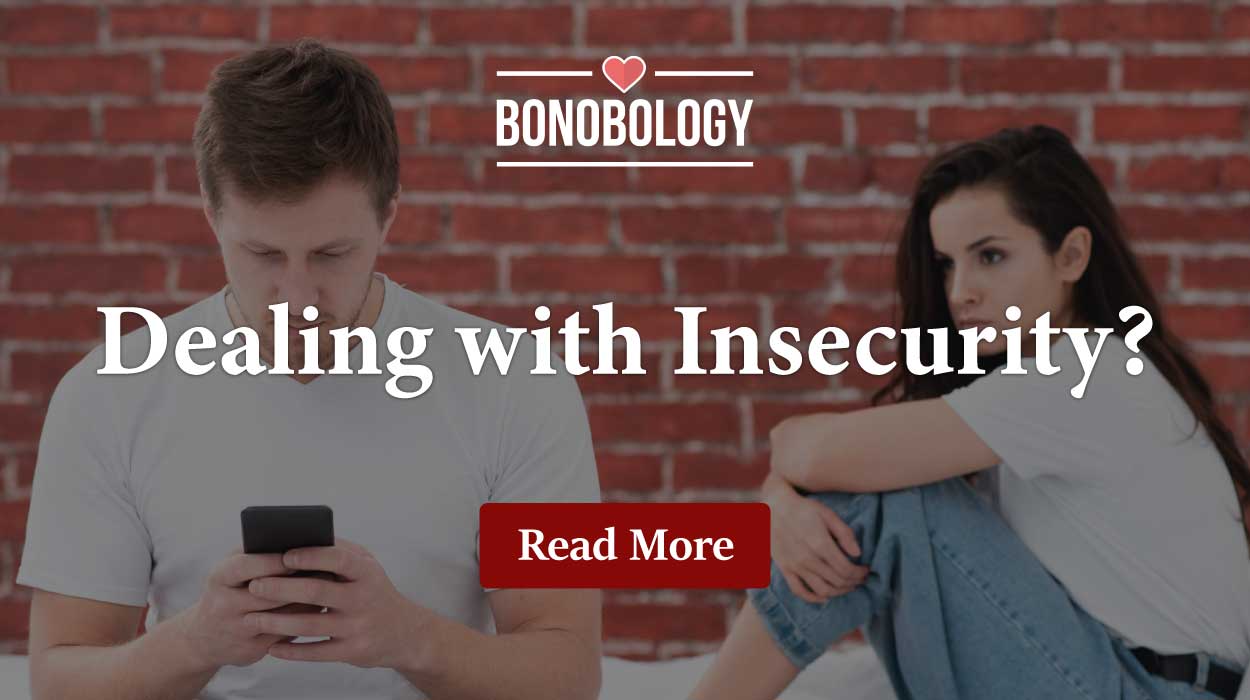
5. Professional insecurity
A lack of equality or equal acknowledgment in two partners’ professional lives also ranks among the 7 most common insecurities in a relationship. According to a study, women spend two to ten times as much time as men on unpaid care work. This includes time spent cooking, cleaning, taking care of the kids, the sick, the elderly, etc. Aside from the prevailing gender pay gap, where women continue to earn less, the lack of appreciation for work done is a major trigger for relationship insecurity and resentment.
“I’d been a marketing manager before I had kids,” says Jenny, “When I was going back to work after a few years, I realized I wasn’t the same person. Yes, I had drive and intelligence but I also wanted to be with my kids. It made me deeply insecure in my relationship and also about who I was outside of being a mom, about whether I had what it takes to work full-time again.”
How it impacts your relationship

Professional insecurity can cause major friction in a relationship. You might find yourself being snarky and hurtful when your partner mentions a major deal they closed. Or rolling your eyes when they get yet another promotion and you are struggling to be financially independent as a married woman. If you’re between jobs or unhappy at your job, their success will begin to sting and you could even start seeing them as competition, rather than a spouse or partner. This can impact your relationship in the following ways:
- Feelings of inadequacy: Professional setbacks or a lack of career progress can lead to a feeling of inadequacy, making you worry that you’re not contributing enough to the relationship
- Competitive tension: If you’re feeling professionally insecure, you may perceive your partner’s success as a threat, leading to competitiveness instead of support
- Reduced motivation and productivity: Professional insecurity can diminish self-confidence, potentially affecting your drive, impacting financial stability, and thus increasing stress within the relationship
Related Reading: “Am I Unlovable”—9 Reasons You Feel This Way
6. Insecurity over basic needs
Psychologists outline basic needs for humans as access to food, shelter, rest, safety, hygiene, and healthcare. Having these needs fulfilled is one of the first steps toward feeling secure. Therefore, if there was any point in your life where you had to scramble to fulfill these needs, that insecurity would probably remain with you for a long time and affect your behavior and your relationships.
“I grew up as one of five siblings with a single mom,” says Austin, 34. “My mom worked two or three jobs at a time and we were constantly scrambling to make ends meet. We had to move a lot because the rent was sometimes a problem. There were six of us constantly crammed into a two-room apartment.”
Austin is a lawyer now and married to Alison. They have two children and every security they need. But it’s tough for Austin to shake off his childhood fears. “I make sure my kids know how lucky they are. Sometimes, I’m harsh on them because I think they’re taking things for granted. Also, I barely take vacations and I work almost every weekend because I’m afraid it’ll all get taken away from me,” Austin says. Their marriage nearly ended in divorce because Austin’s fears were stronger than his love for his family. He is in therapy now, and Alison hopes he will emerge stronger and healed.
How it impacts your relationship
Insecurity over basic needs can deeply affect a relationship. When you’ve known the terror of having to hustle for a meal or to pay rent, you’ll bring that terror into your relationship. You may constantly feel your partner doesn’t appreciate what they have or burn yourself out working, constantly afraid of regressing into your difficult childhood circumstances. This may result in:
- Constant stress and anxiety: Worrying about basic needs like housing, and food security can create an atmosphere of uncertainty in the relationship, resulting in high stress and limited emotional availability
Reduced quality time: When worries over survival weigh on your mind, you may not be able to prioritize shared, quality moments to nurture your bond with your partner - Dependence dynamics: You may end up feeling like you’re taking on more responsibility, leading to feelings of burden or resentment over constantly having to “save” your partner
Manjari elaborates, “When we think about primitive basic needs which give us happiness, peace, love, and satisfaction, we think of food, water, air, shelter, and satisfactory sex life as the most important needs, which could then give rise to very significant insecurities. Insecurities about these basic needs arise because of always wanting more, comparisons, relationship jealousy, lust, lack of satisfaction, and always seeing out mistakes in self and others.”
Related Reading: Who Is A Trophy Husband
7. Social insecurity
Sometimes, it feels as though a giant chunk of our lives is a performance on which society must give its mark of approval. So, it’s no wonder that social insecurity is one of the most common insecurities in a relationship. The pressure of appearing a certain way, wondering whether your partner’s social circle will be accepting of you or not can eat away at a person’s self-esteem and impact their relationship.
In this case, it’s not just about physical appearance, but being seen at the right places, knowing the right people, and having a certain status conferred upon you that says, “You’ve arrived.” It’s a constant struggle to keep up with all of this, especially in the age of social media, and when you feel you’re falling short, it’s enough to plunge you into deep insecurity.
How it impacts your relationship

In relationships, this could manifest as being insecure around your partner’s family or circle of friends. A part of you may be left wondering what they really think of you and whether they will accept you. As this picture builds in your head, you could start imagining them making fun of you or slighting you, which may make you react badly and accuse your partner of not supporting you around their friends. Obviously, none of this is a sign of a healthy relationship and may impact your relationship in the following ways:
- Jealousy of partner’s social life: Social insecurity can create feelings of jealousy and inadequacy when you start comparing yourself to your partner’s friends or their social skills
Avoidance of social situations: You may start avoiding gatherings, leading to isolation from mutual friends or missed opportunities for bonding with your partner’s social circle - Dependence on Partner’s Approval: A lack of confidence in social settings may make you overly dependent on your partner for reassurance and acceptance. This can become overwhelming for your partner.
Related Reading: 12 Things To Do When Your Husband Chooses His Family Over You
How To Deal With Insecurities And Build Healthier Relationships
Insecurity in a relationship doesn’t mean all hope is lost. In fact, it’s almost impossible to find a relationship where both partners feel absolutely secure in their skin and their bond. The key to addressing this relationship insecurity is to identify what form of it you’re dealing with and understand its impact on your dynamic with your partner.
“Some insecurities in a relationship make you more supportive, caring, understanding, and loving, but when they give your partner the power to make decisions on your behalf, then they become relationship red flags. That being said, insecurities in a partner should always be looked at with faith, love, and support,” advises Manjari. With that in mind, let’s take a look at how to deal with insecurities and learn to manage them effectively:
- Identify triggers: The first is to recognize what causes insecurity. Awareness about situations or behaviors that fill you with feelings of inadequacy can help you focus on the core issue instead of reacting defensively
- Communicate openly: Share your feelings with your partner without blaming or accusing them. Embracing vulnerability fosters understanding and connection, which can, in turn, make you feel more secure
- Challenge negative thoughts: To work on your insecurities, you need to counter self-doubt by questioning negative thoughts and reframing them with positive or neutral perspectives
- Build self-worth: Your insecurities, more often than not, stem from your own feelings of inadequacy and may have very little to do with your partner. So, the answer to how to work on them also lies with you. Engage in activities that make you feel accomplished and fulfilled outside of the relationship. This helps enhance your self-worth and reduces dependency on validation
- Set healthy boundaries: Establish clear boundaries that protect yours and your partner’s individuality and create trust
- Cultivate trust gradually: Trust is built through consistent actions and transparency. Avoid snooping or testing your partner, as these actions can reinforce feelings of insecurity
- Practice compassion: Be kind and compassionate toward yourself and your partner by accepting imperfections and creating a forgiving relationship environment
- Celebrate each other’s growth: Supporting each other’s individual growth and goals can foster a sense of partnership that makes you feel more secure in your relationship
- Seek therapy if needed: Professional guidance can provide tools to process insecurities, especially if it is rooted in past trauma or deep-seated fears
- Focus on positives: Remind yourself of your partner’s good qualities and the strengths in your relationship, this can help you challenge negative thoughts that send you into a spiral of worry
Key Pointers
- Insecurity in a relationship refers to feelings of self-doubt, fear, or uncertainty about oneself, the relationship, or the partner’s commitment
- Past relationship experiences, low self-esteem, fear of rejection, unresolved personal issues, trust issues, and attachment styles are common causes of insecurity in a relationship
- Emotional, attachment and physical insecurities manifest as fears of rejection, abandonment, and inadequacy. They affect communication, lead to dependency, and may cause issues with intimacy and trust
- Financial and professional insecurities trigger power imbalances, stress, and competitive tension in the relationship
- Insecurity over basic needs and social insecurity can create anxieties that hinder quality time, reduce self-worth, and foster dependence on a partner’s approval or reassurance
- Recognizing triggers, open communication, fostering self-worth, setting boundaries, and seeking therapy if necessary are effective ways to manage insecurities and promote a healthier, balanced relationship
Final Thoughts
While there is no denying that it can be challenging to navigate insecurities in a relationship, be it your own or your partner’s, these don’t necessarily have to be deal-breakers. You can move past them and build a healthier connection by recognizing and addressing the fears and anxieties that lead to unhealthy behaviors. When approached with patience and compassion, even the most deep-seated insecurities can become opportunities for a stronger, more resilient bond.
20 Questions To Ask Your Partner To Build Emotional Intimacy
Your contribution does not constitute a charitable donation. It will allow Bonobology to continue bringing you new and up-to-date information in our pursuit of helping anyone in the world to learn how to do anything.

